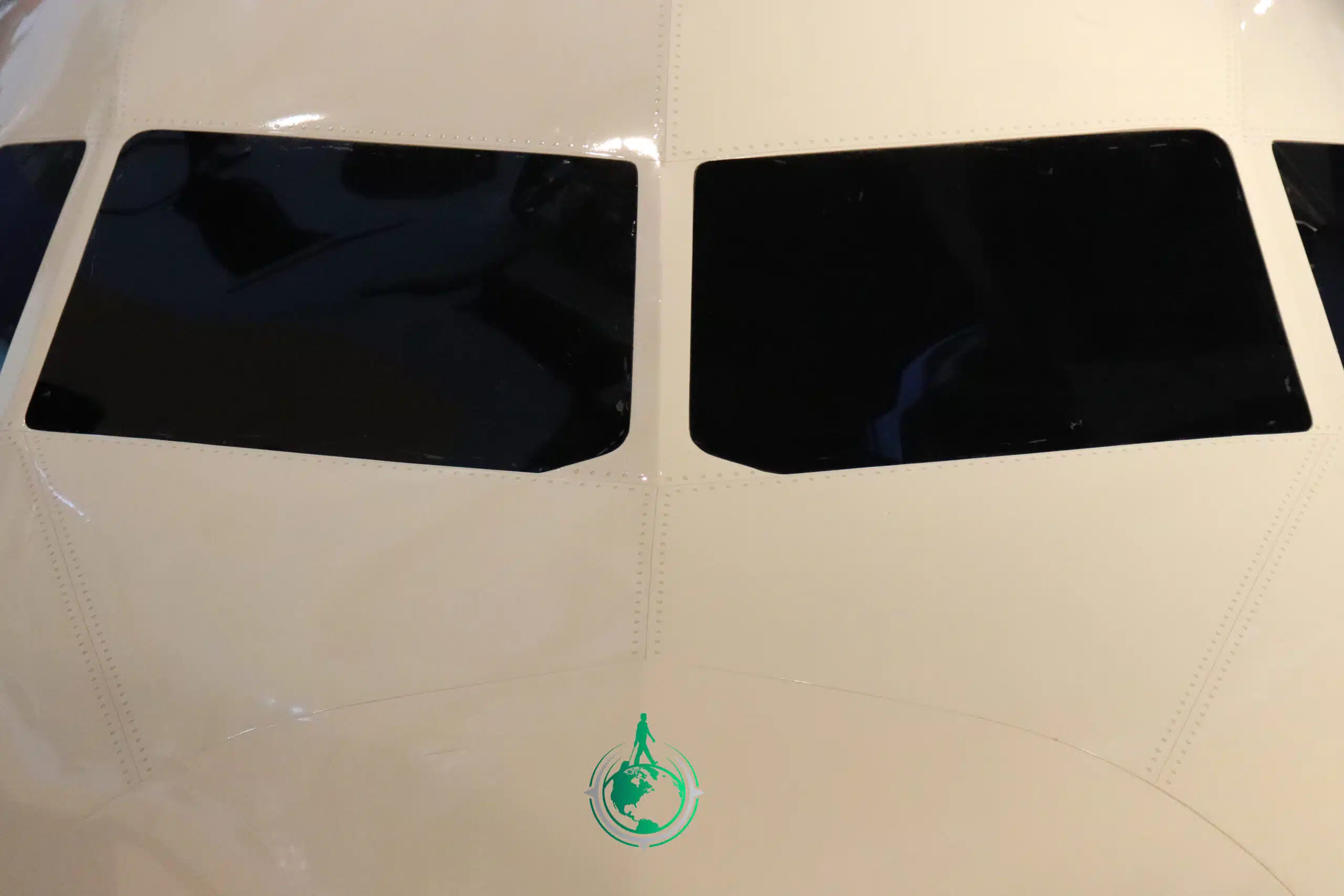Learn how to save money on travel with these tips for cutting costs— and use the savings to take more trips! But first…
Readers have been asking for lots of practical advice. In response, I’ve posted articles about travel safety tools and packing essentials for overseas travel. Last week I wrote about how to protect yourself from pickpockets. Today I focus on another popular question— how to save money abroad.
Save Money on Travel with Low Airfares
I’m headed overseas again next week. Notice that I’m traveling in October. Fall and spring are the “shoulder season” for many popular travel destinations. Shoulder season is the bridge between the peak and off seasons— still widely open for tourists but without the peak crowds and prices. It’s my favorite time for exploring and saving money. I found my half-price October airfare in June thanks to the cheap ticket experts at Going. (You can read more about finding low fares in my earlier blog post.)
Another great way to see more for less is with a free stopover program. Several international airlines allow you to spend a few nights in their home countries before boarding your connecting flight to a second country served by that airline. Icelandair, TAP Air Portugal, and Turkish Airlines all have attractive stopover programs. Two countries for the price of one airfare— that’s a great way to save money abroad!
Credit cards that award frequent flier points are another way to earn free travel over time. See my article about the best airline credit card for US travelers. Just be sure to pay off the card balance each month to avoid paying interest on those otherwise free miles.
Save on Baggage Fees
Many airlines compensate for low fares with hefty baggage fees. I travel only with two carry-on bags. A soft-sided suitcase that fits in even the smallest overhead compartments plus a backpack that goes under the seat in front of me. That’s it.
The trick to getting by with just one suitcase? Doing laundry halfway through the trip— either at a local laundromat or at your lodging.
Save Money on Travel with a Home Exchange
I find that Airbnb and VRBO rentals are usually less expensive than a hotel and often include laundry machines.
A home exchange is even cheaper than a short-term rental. That’s when you and your overseas host agree to swap homes for a specified length of time using one of several online platforms dedicated to the practice. The only cost is the platform’s annual membership fee, which is about the cost of one night’s lodging. You’re almost certain to have laundry facilities available with a home exchange, along with all the other amenities of a private residence. See my separate article for everything you need to know about home exchanges.
If you prefer traditional hotels, rates are again lower during the shoulder season. Here too, credit card loyalty points can get you free or discounted nights with major brands. (I use a Marriott credit card for hotel points— it comes with several great perks.)
Save Money on Food
Because I rely on home exchanges and short-term rentals for lodging, I typically have use of a kitchen while traveling. There is no better way to reduce the cost of meals than to buy your groceries at a local market and prepare some of your food at home. It’s another great way to save money abroad.
I almost always have breakfast in residence. Since lunch is cheaper than dinner at most restaurants, I dine out at midday and eat suppers at home when I’m being cost-conscious.
Eating at local restaurants is a fun part of travel, though. When I do dine out, I steer clear of the pricier main tourist areas. Instead, I choose small, neighborhood establishments recommended by my new neighbors.
Save Money on Local Transportation
By now you’ve probably guessed I rely on public transportation whenever possible while traveling overseas.
Europe in particular is especially easy to traverse by rail. Unless you’re planning to visit for longer than a month, it may be more economical to purchase individual train fares instead of a rail pass. Individual fares are often heavily discounted at off-peak times or if purchased in advance. Study the rail carrier’s website and online travel forums for the best deals. Traveling by train is a fun, convenient, and easy way to save money abroad.
Metro systems, trams, buses, and occasional splurges on taxis can otherwise get you where you need to go. Many cities offer daily, weekly, or monthly passes for unlimited use of public transport networks.
I view rental cars in most countries as a hassle— expensive insurance, costlier gas, and difficult parking in my view negate the benefits. And driving overseas isn’t without stress— just read about my experience in Ireland.
Bear in mind that to take full advantage of public transportation, you need to choose lodging with easy access to a bus or metro stop.
Save on Attractions
Finally, as you explore your new surroundings, remember to check the websites for each of your intended attractions. Many points of interest offer free admission on certain days of the week or month. Discounts for students, educators, and senior citizens are often available, too.
Before purchasing a “city pass” with discounted admissions to popular sites, do the math. The pass may not offer much value when priced against individually purchased tickets for the places that actually interest you.
Need a Passport?
Now that you’re primed to travel economically, you’ll need a passport if headed overseas. Learn the latest ways to get one quickly in this article. And if you’re in the military or work for DoD, you can save money and time here at home with free TSA PreCheck.
Affiliate Advertising: If you use these links to buy something, I may earn a commission at no additional cost to you.







